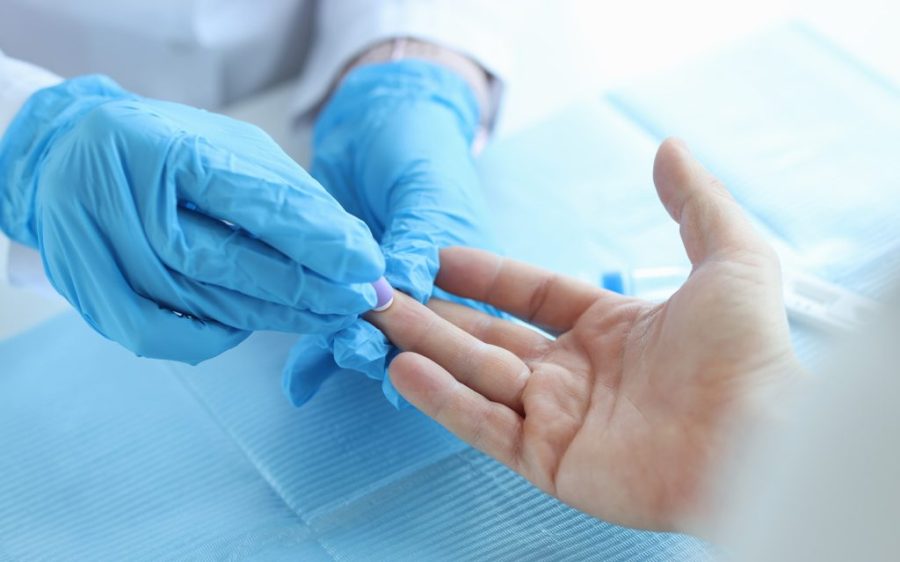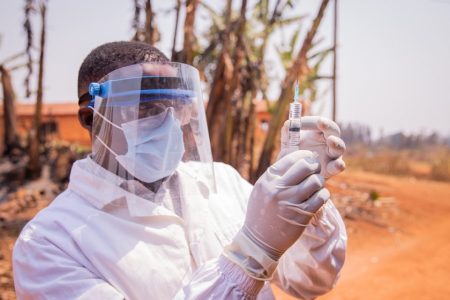A Brazilian biotechnology company, Hilab, has triumphed at an innovation contest held in Macao yesterday. The competition, which recognised several Portuguese and Brazilian enterprises, aims to facilitate financial support and entry into the Chinese market.
Hilab won the competition with a portable diagnostic device capable of producing laboratory-quality results from a small blood sample, the Portuguese news agency Lusa reports. According to Hilab, the device can perform 25 different tests, covering the majority of frequently requested medical diagnoses. Currently, the company exports its products to South America, Indonesia, Angola, Mozambique, and South Africa. Established in 2016, it boasts a capital of 200 million patacas and has raised 125 million patacas in funding.
Other winners included Klike.AI LLC, a Brazilian marketing analytics platform utilising artificial intelligence, and OWLplaces, a Portuguese project specialising in AI and geospatial data analysis.
[See more: Brazil jumps five spots in the UN’s Human Development Index]
The Innovation and Entrepreneurship Contest for Technology Enterprises from Brazil and Portugal received 20 applications, with 17 finalists shortlisted in fields such as artificial intelligence, biomedicine, medical devices, and narrowband Internet of Things. The seven winning projects were awarded monetary prizes, up to a maximum of 180,000 patacas, and will receive support to access Chinese funding and the Chinese market, particularly within the Greater Bay Area (GBA).
The contest was organised by the Economic and Technological Development Bureau of the Macao government, the Parafuturo de Macau incubator, and the Macau Young Entrepreneurs Incubation Centre. Winners will have the opportunity to participate in exchanges, exhibitions, and negotiations in mainland China to foster technological innovation between China and Portuguese-speaking countries.
Finalists have also been invited to connect with investment agencies, companies, universities, and incubators in Shanghai, Shenzhen, and Jiangsu province to explore potential collaborations.






